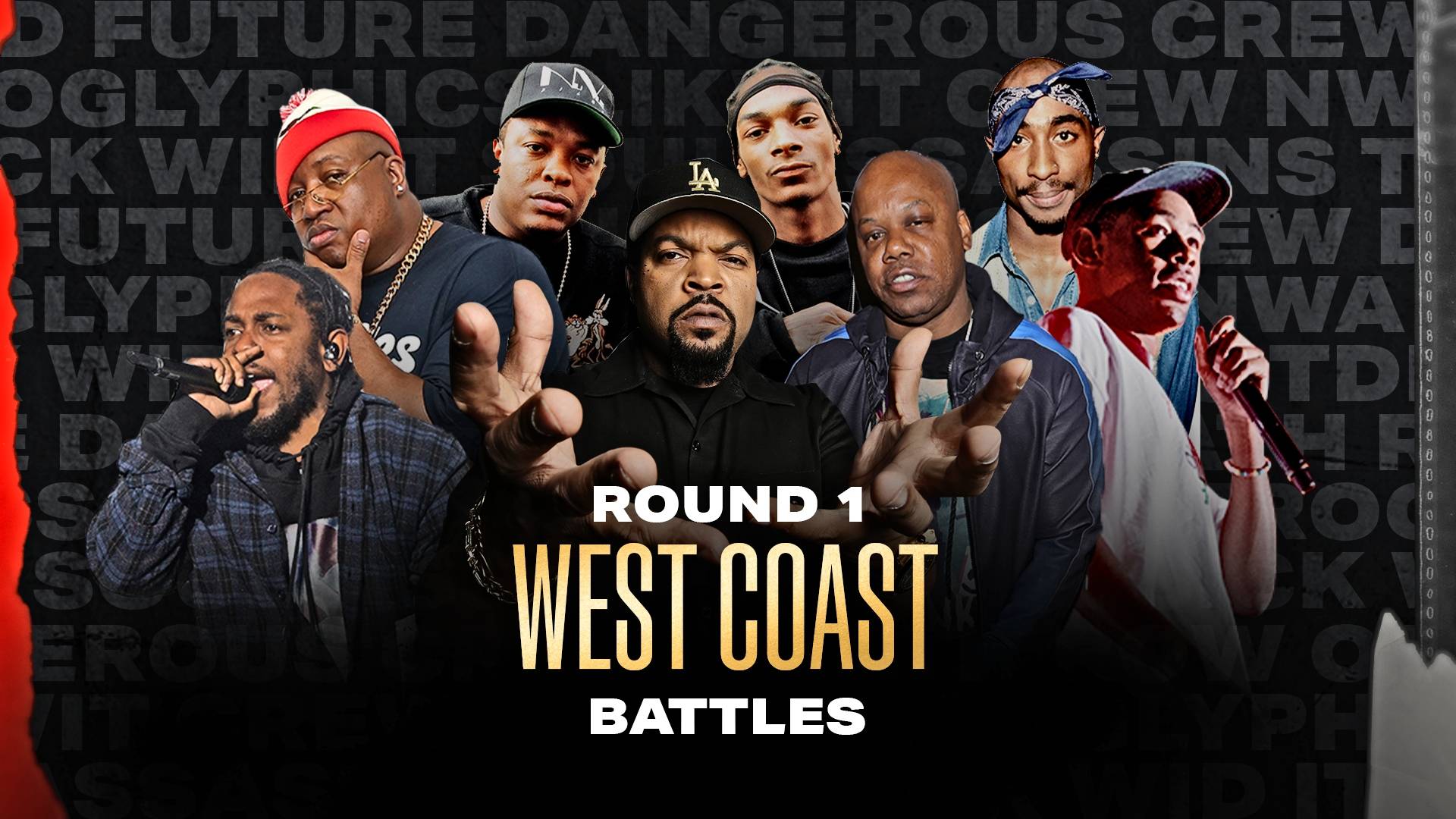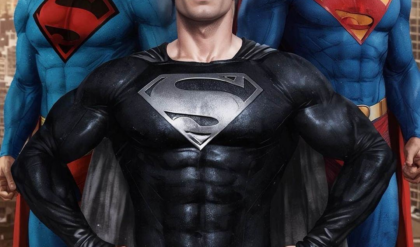West Coast Rappers THREATENS Snoop Dogg Drake Collab | Snoops Hates Tupac’s Legacy | HO
So Snoop Dogg seems to have ruffled many feathers on the West Coast and folks are saying he’s turned his back on Kendrick Lamar and betrayed the memory of Tupac.
So remember when Drake dared to use Tupac and Snoop’s AI-generated voices to take a shot at Kendrick? The whole West Coast was up in arms – and rightfully so! Drake dissing Kendrick is one thing, but using AI to make it sound like West Coast legends are dissing him?
That was a new low for Drizzy! Even Tupac’s estate clapped back at Drake and stood with Kendrick! Now you’d think that someone like Snoop, who used to be tight with Tupac, would have stepped in and told Drake to leave Tupac out of this, right?

The West Coast Controversy: Snoop Dogg, Drake, and Tupac’s Legacy
The West Coast rap scene, with its rich history and cultural impact, has seen its share of drama and controversy over the years. One of the most recent and contentious issues involves a clash between some of its biggest figures: Snoop Dogg, Drake, and the enduring legacy of Tupac Shakur. The situation has stirred up old tensions and led to new debates about loyalty, respect, and authenticity in the world of hip-hop.
The Drake Dispute
Drake, the Canadian superstar, has long been known for his ability to stir the pot and keep himself at the forefront of hip-hop discussions. His recent antics, particularly involving the use of Tupac Shakur’s AI-generated voice, have sparked outrage among West Coast fans and artists alike. In a recent track, Drake used AI technology to mimic the voices of Tupac and Snoop Dogg to take a jab at Kendrick Lamar, a prominent West Coast rapper. This move was perceived as a direct insult not only to Kendrick but also to the entire West Coast hip-hop community, which holds Tupac’s legacy in high regard.
The use of Tupac’s voice in such a manner was seen as a flagrant disregard for the late rapper’s memory and the cultural significance he holds. Tupac’s estate wasted no time in condemning the move, with Tupac’s brother and estate lawyer both denouncing the use of Tupac’s voice without permission. The backlash against Drake was swift and intense, with fans and industry insiders alike voicing their displeasure and disappointment.
Snoop Dogg’s Silence
In the midst of this controversy, Snoop Dogg’s reaction—or lack thereof—has been a point of significant discussion. Snoop, who was once a close associate of Tupac and is a prominent figure in West Coast rap, has remained notably silent about Drake’s use of Tupac’s AI voice. This silence is particularly striking given that Snoop has a long history with Tupac and has often spoken about their past collaborations and friendship.
The absence of any critical comment from Snoop regarding Drake’s actions has led to speculation about his true feelings towards Tupac and the West Coast hip-hop scene. Some fans and critics believe that Snoop’s silence might be due to a complicated mix of personal and professional reasons. One theory suggests that Snoop has harbored jealousy towards Tupac dating back to the 1990s. During the peak of Tupac’s career, Snoop Dogg, despite his own success, found himself overshadowed by Tupac’s meteoric rise. This jealousy, it is argued, may have influenced Snoop’s reluctance to openly criticize Drake or defend Tupac’s legacy in this situation.
Historical Tensions
The roots of Snoop Dogg’s perceived animosity towards Tupac can be traced back to the early days of their careers. In 1996, Tupac’s album All Eyez on Me eclipsed Snoop’s efforts, drawing significant public and industry attention away from Snoop. This period marked a high point for Tupac and a challenging time for Snoop, as Tupac’s dominance in the rap scene created a palpable tension within the Death Row Records camp. The final straw appeared to be Tupac’s decision to cut ties with Snoop shortly before his death, particularly after Snoop was seen socializing with Biggie Smalls, Tupac’s East Coast rival.
This historical context adds a layer of complexity to the current situation. It suggests that Snoop’s silence on Drake’s use of Tupac’s voice might be influenced by unresolved feelings from their past. Whether these feelings are rooted in jealousy, rivalry, or personal grievance, they highlight a deeper rift that continues to affect relationships within the hip-hop community.
The West Coast Response
The West Coast hip-hop community has reacted strongly to Drake’s disrespectful use of Tupac’s voice. Kendrick Lamar, a key figure in the contemporary West Coast rap scene, has been at the forefront of this backlash. At a recent performance in Englewood, Kendrick took the opportunity to address the controversy, denouncing Drake’s actions and reaffirming his respect for Tupac’s legacy. This public statement resonated with many fans and fellow artists, reinforcing the notion that the West Coast would not tolerate any form of disrespect towards its icons.
The reaction from other West Coast rappers has also been notable. Many have sided with Kendrick, condemning both Drake and Snoop for their perceived disregard for Tupac’s legacy. The unity displayed by the West Coast artists underscores the deep-rooted respect they have for Tupac and the cultural significance he holds.
Snoop Dogg’s Position
Snoop Dogg’s seemingly indifferent stance on the matter has led to varied interpretations. Some believe that Snoop’s silence is a strategic move to avoid further conflict, while others argue that it reflects a deeper disconnection from the West Coast’s cultural values. The speculation surrounding Snoop’s relationship with Tupac and his current position in the hip-hop industry paints a complex picture of an artist navigating a shifting landscape of loyalty and legacy.
Moreover, Snoop’s ongoing friendships with figures like Drake’s father and his recent social media promotions of Drake’s work have only fueled the debate. Fans and critics alike are questioning whether Snoop’s actions are motivated by personal interests, professional alliances, or a genuine detachment from past grievances.






